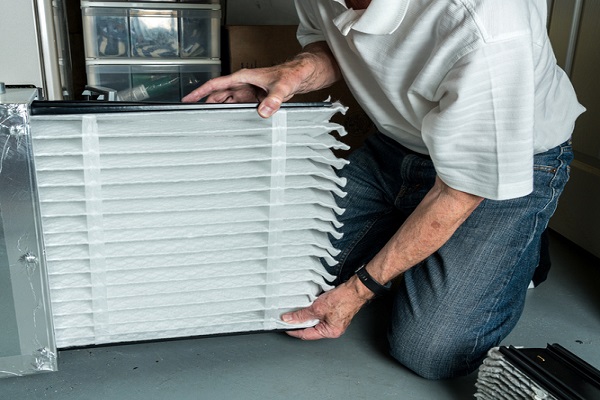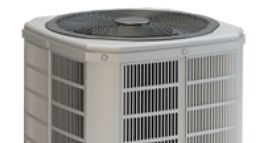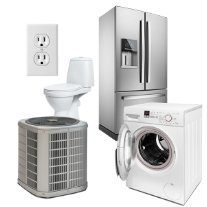Maintaining your heating system, whether it’s a radiator or forced air, is a good way to keep your home toasty and reduce the likelihood of breakdowns. Here are some tips to use.
Radiator System Maintenance
If you have radiators in your home, there are two simple maintenance items you should do at least once a year.
1. Examine your radiators and boiler
Examining your radiators and boiler for cracks or leaks is a simple but important piece of heating maintenance.
To check your radiators for leaks, turn off the radiators. Then, wipe down the body of the radiator, the valves, and pipe connections with a paper towel. If there’s any moisture on the paper towel, you likely have a leak.
To check your boiler for leaks, examine the area and piping around the boiler. Any drips or puddles indicate a likely leak.
2. Bleed your radiators
At least once a year, you should bleed your radiators to remove any air that may be trapped inside, which can prevent efficient heating.
You’ll need a bucket, gloves, a radiator key (or screwdriver), and a rag.
- Turn off the heat and wait for the radiators to cool.
- Grab your rag and bucket, and put on your gloves. Start by bleeding the radiator on the lowest floor, farthest from the boiler.
- Open the intake and exit valves, which are usually located near the bottom of the radiator and on each side.
- Slowly open the bleed valve with the radiator key, located at the top of the radiator. You’ll hear hissing and may notice water beginning to trickle out.
- After any air comes out, water will begin to stream out. Once this begins, catch it in your bucket, and then close the bleed valve and wipe off any moisture.
- Repeat this process for all radiators, working from the radiators farthest from the boiler to closest to the boiler on each floor from the lowest level to the highest level.
- Check the boiler’s water pressure. If it’s lower than 12 PSI, add water to the water feed (if you have an auto filler, just check that it’s working).
- Turn on the heat again and check that each radiator is getting hot.
That’s it!
Forced-Air System Maintenance
For forced-air systems, like furnaces and heat pumps, there are two simple maintenance tips you should do.
1. Change your filters regularly
Changing your furnace filter is incredibly important to help your heating system run well. Generally, you should expect to change your filter every one to three months, depending on the kind of filter you use and your system itself.
When in doubt, consult your system’s manual for information about how often to change your filter. Then, check out our guide for how to change your furnace filter!
2. Keep your vents clear
There are so many things that can obstruct your vents: clothes, rugs, shoes, and even pets! When your vents are obstructed, it prevents warm air from circulating, which means your heating system has to work harder to hit the thermostat temperature, which could cause breakdowns over time.
By simply keeping your vents clear, you can reduce your heating system’s workload.
Should You Clean Your Ducts Regularly?
You don’t need to clean the inside of your air ducts regularly, according to the EPA. Duct cleaning doesn’t prevent health problems nor is there evidence that ducts that have typical amounts of dust increase the amount of dust or particulates in the home.
The EPA suggests that there are only three instances where you may need to consider having your ducts professionally cleaned:
- When there’s visible mold growth on the hard surfaces inside of the ducts
- When the ducts are infested with rodents, insects, or other vermin
- When you notice dust coming out of the vents when the system is running
In other words, only clean your ducts as necessary rather than routinely.

2-10 Can Help You Protect More
Heating maintenance is a valuable way to keep your home comfortable while protecting your budget against high energy bills. Another great way to protect your budget is by purchasing a 2-10 Home Buyers Warranty (2-10) Home Service Plan.
A 2-10 Home Service Plan protects your budget against unexpected breakdowns to systems and appliances caused by routine use. It also gives you access to local, trusted contractors who can help you diagnose and solve breakdowns, including to centrally ducted heating systems.









